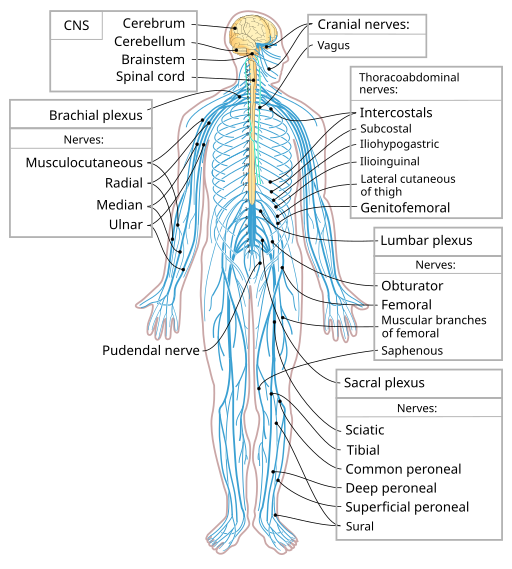week12
Existentialism (存在主義)
二戰後物質生活的過剩導致精神生活的缺乏
A central proposition of Existentialism : existence precedes essence
The most important consideration for individuals is that they are individuals—independently acting and responsible, conscious beings ("existence")—rather than what labels, roles, stereotypes, definitions, or other preconceived categories the individuals fit ("essence").
The actual life of the individuals is what constitutes what could be called their "true essence" instead of there being an arbitrarily attributed essence others use to define them. Thus, human beings, through their own consciousness, create their own values and determine a meaning to their life.
Chronic (慢性) / Acute (急性)
The term chronic is usually applied when the course of the disease lasts for more than three months.
Acute may be used to distinguish a disease from a chronic form, such as acute leukemia and chronic leukemia, or to highlight the sudden onset of a disease, such as acute myocardial infarction.
uri- (尿)
Urine : a liquid by-product of the body secreted by the kidneys through a process called urination (or micturition) and excreted through the urethra.
Uric acid : a heterocyclic compound of carbon, nitrogen, oxygen, and hydrogen with the formula C5H4N4O3.
peri- (around)
Peripheral nervous system (PNS) 周圍神經系統
the part of the nervous system that consists of the nerves and ganglia on the outside of the brain and spinal cord.
Vocabulary
- Astro- : relating to the stars, celestial objects, or outer space.
[ex]
astrology : the study of the movements and relative positions of celestial bodies interpreted as having an influence on human affairs and the natural world. - bio- : of or relating to life.
[ex]
biology : the study of living organisms, divided into many specialized fields that cover their morphology, physiology, anatomy, behavior, origin, and distribution. - geo- : of or relating to the earth.
[ex]
geography : the study of the physical features of the earth and its atmosphere, and of human activity as it affects and is affected by these. - -logy : denoting a subject of study or interest
[ex]
psychology : the scientific study of the human mind and its functions, especially those affecting behavior in a given context.
-logy : denoting a characteristic of speech or language.
[ex]
eulogy : a speech or piece of writing that praises someone or something highly, typically someone who has just died. - -phil : having a chemical affinity for a substance.
[ex]
acidophil : an acidophilic white blood cell.
限會員,要發表迴響,請先登入


